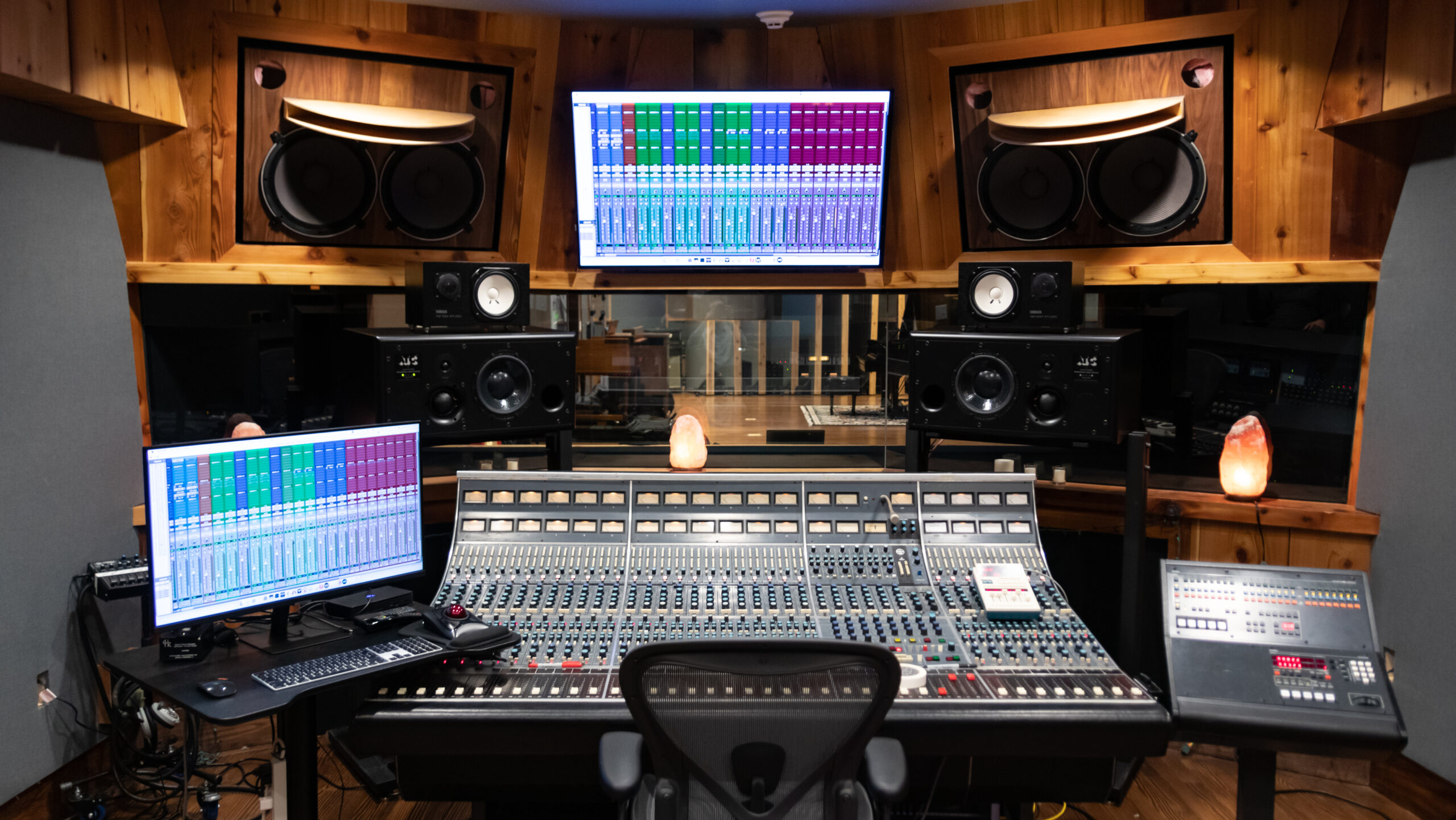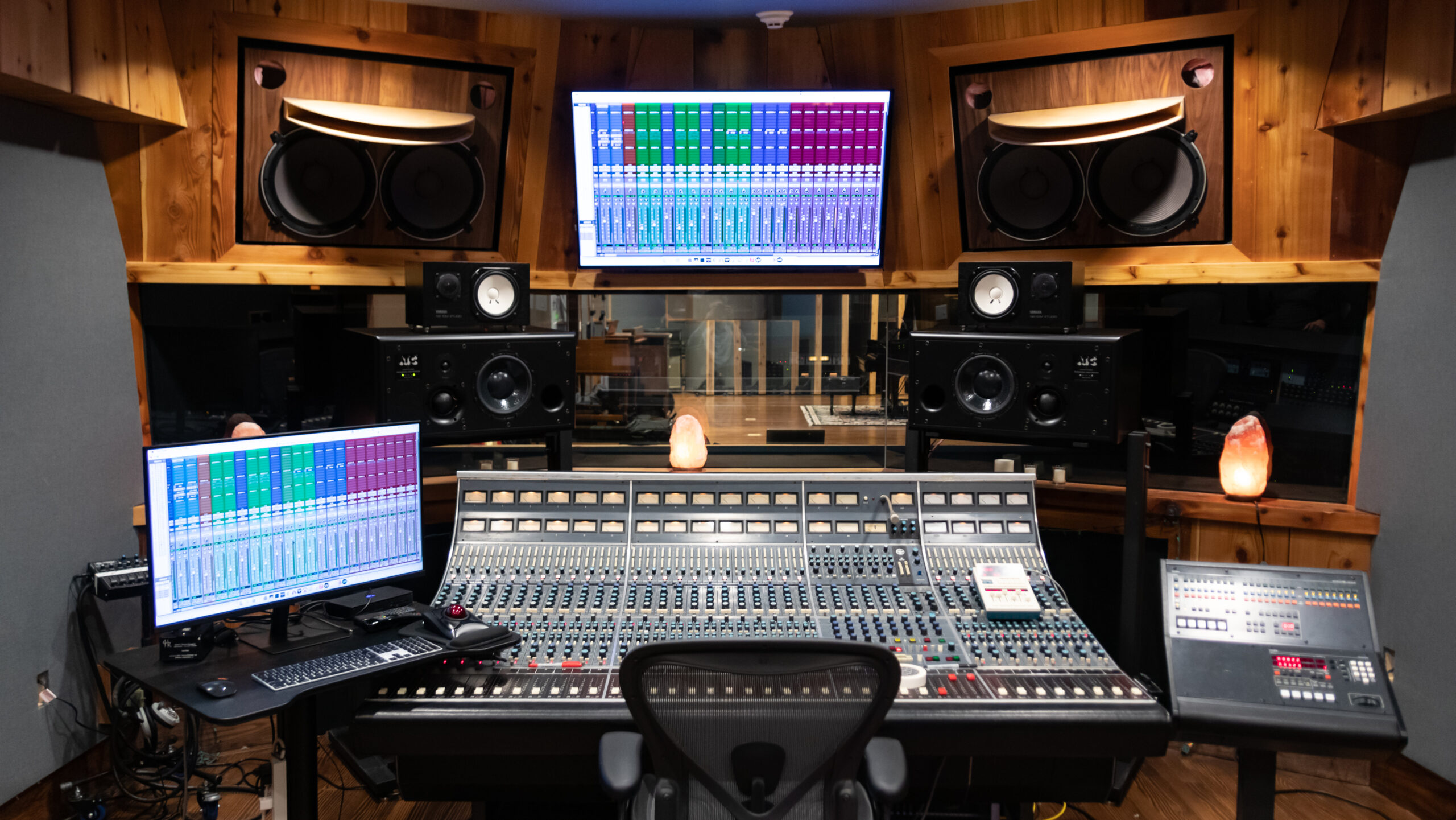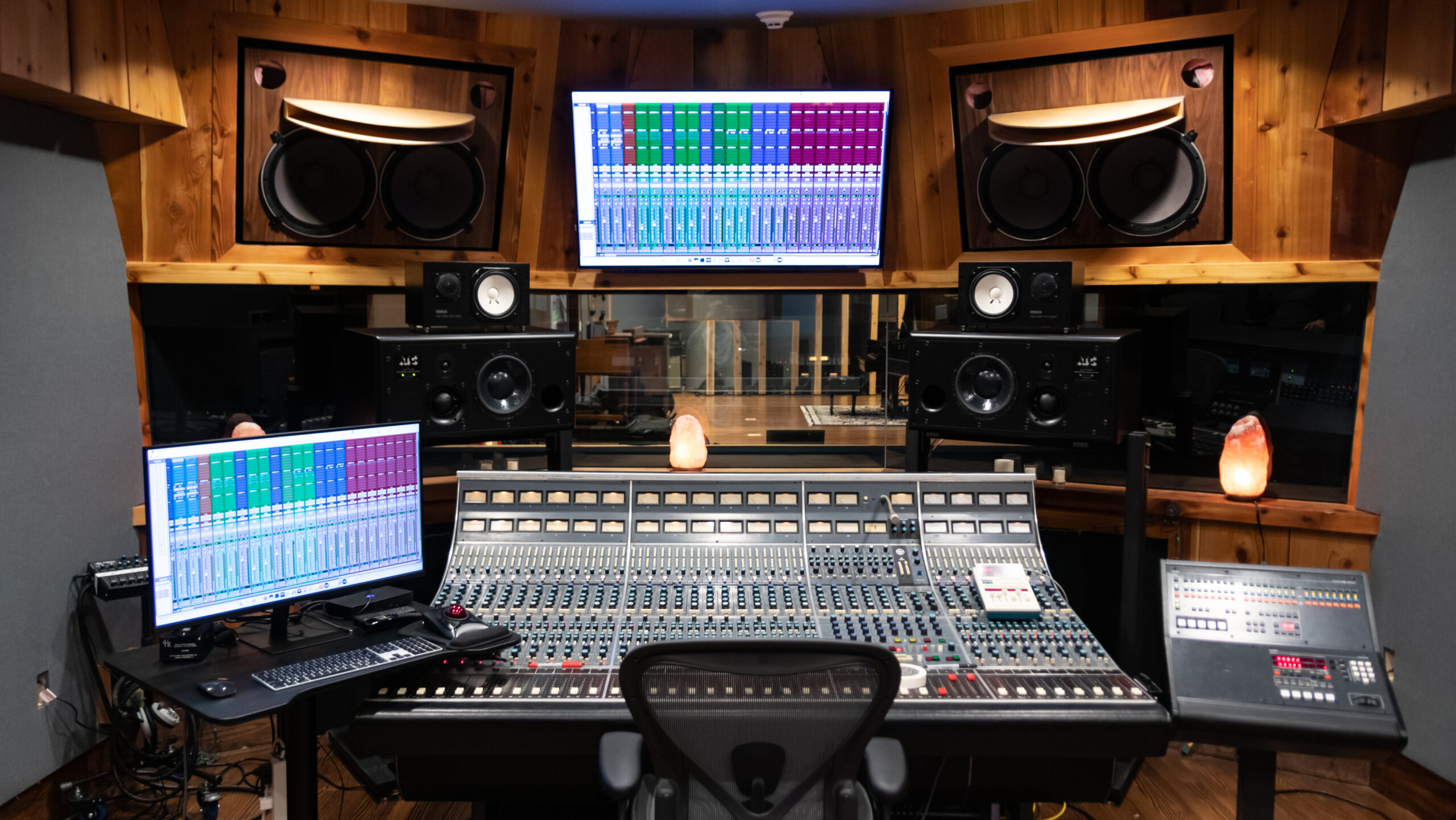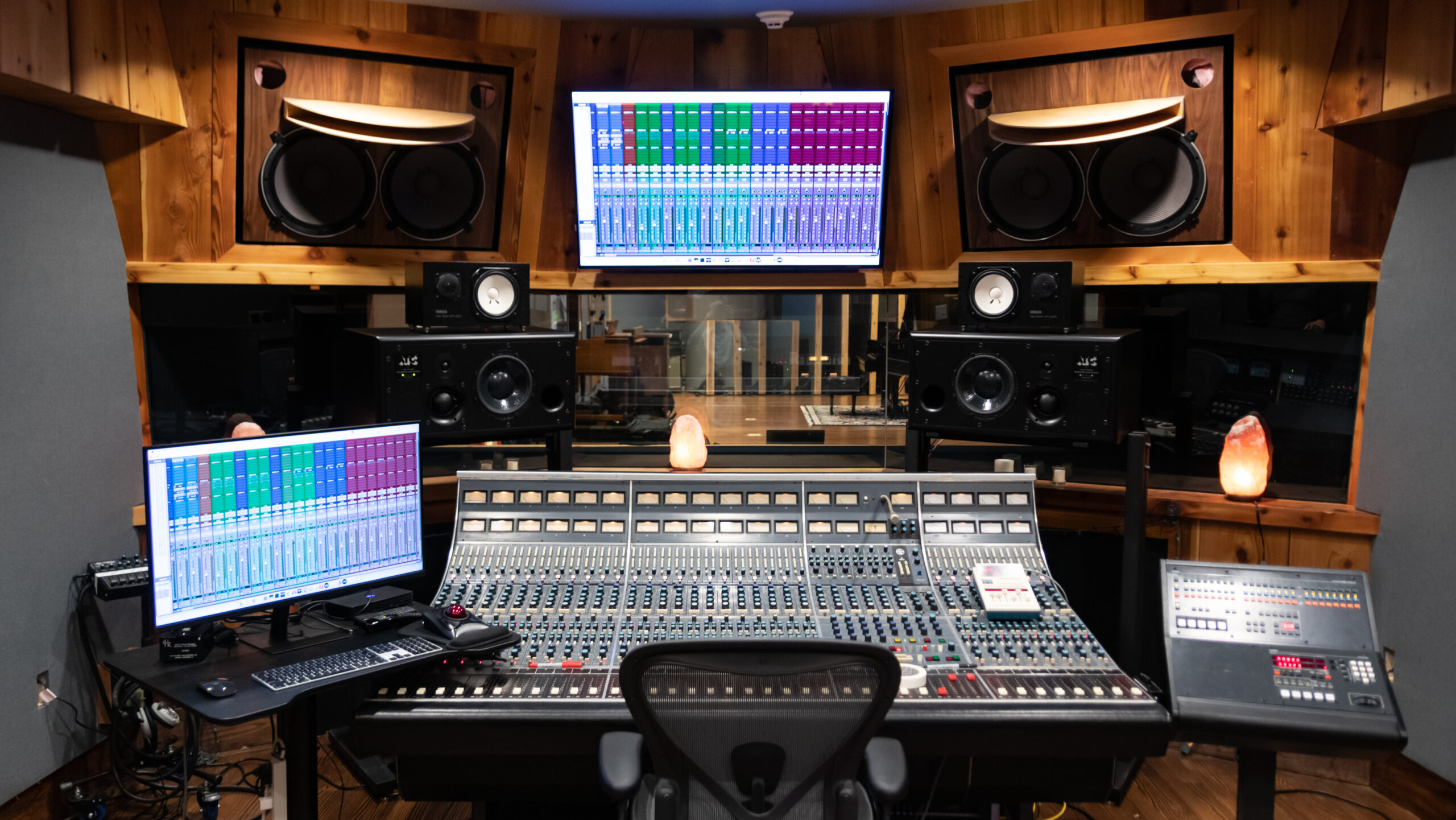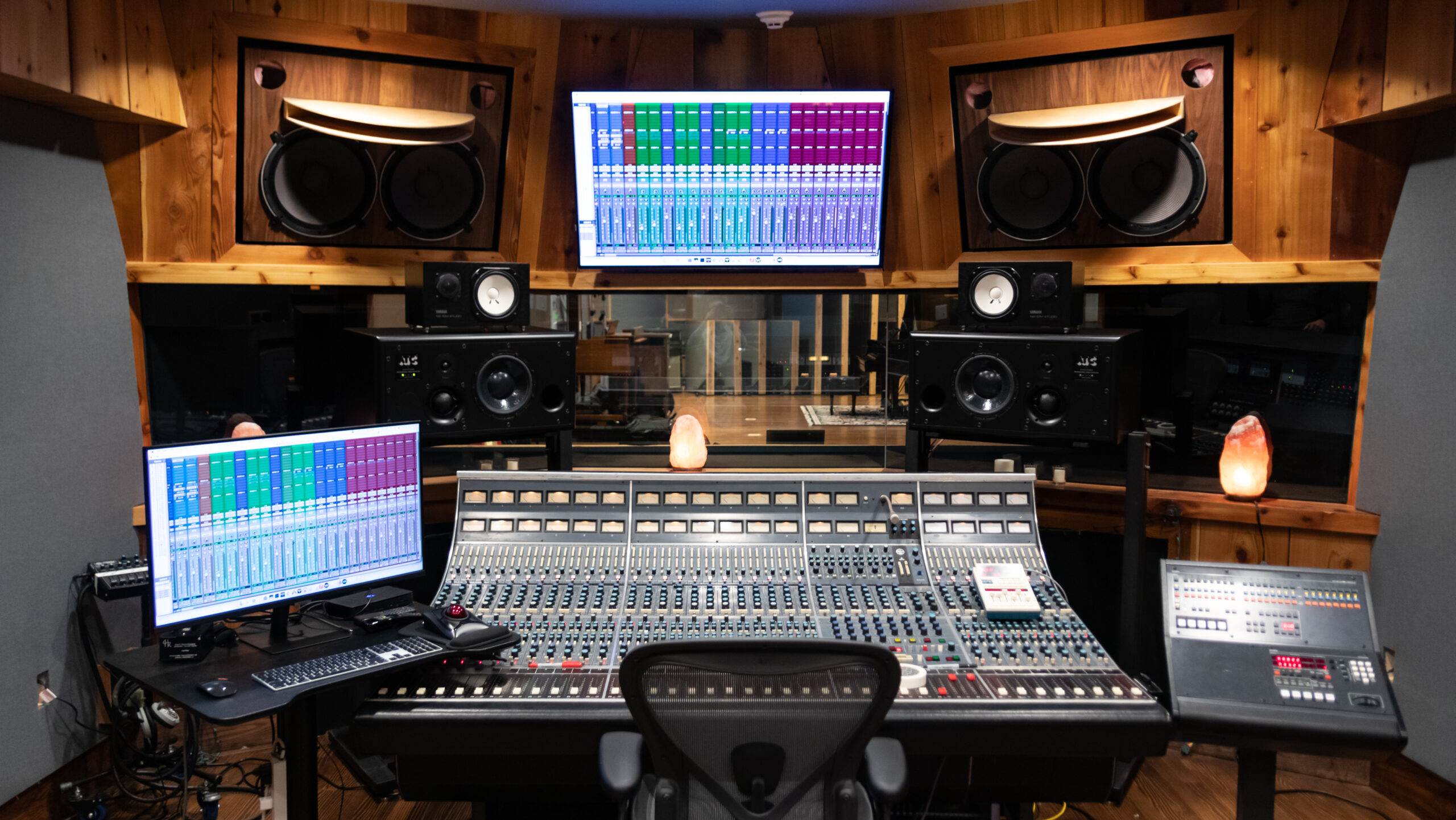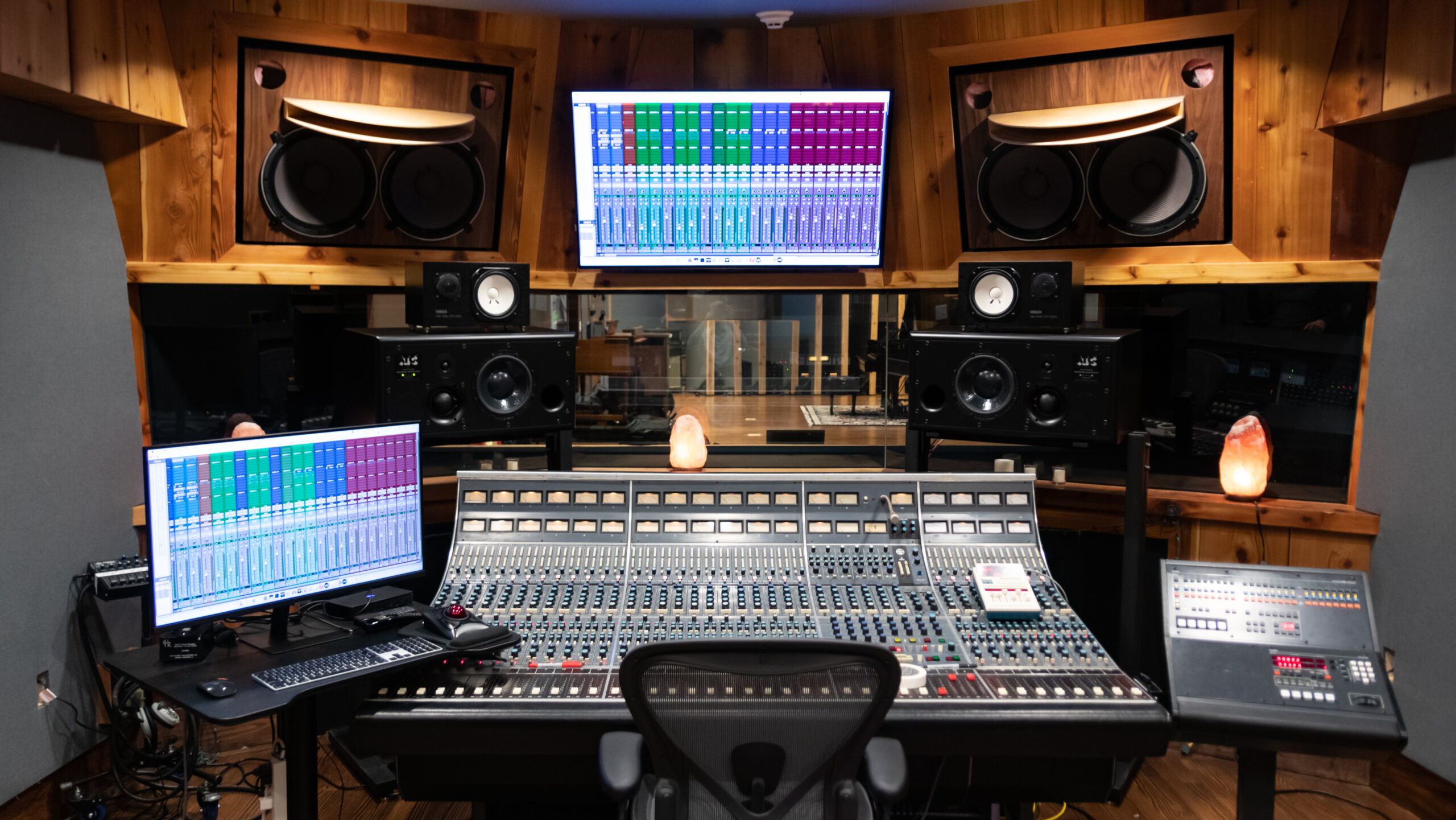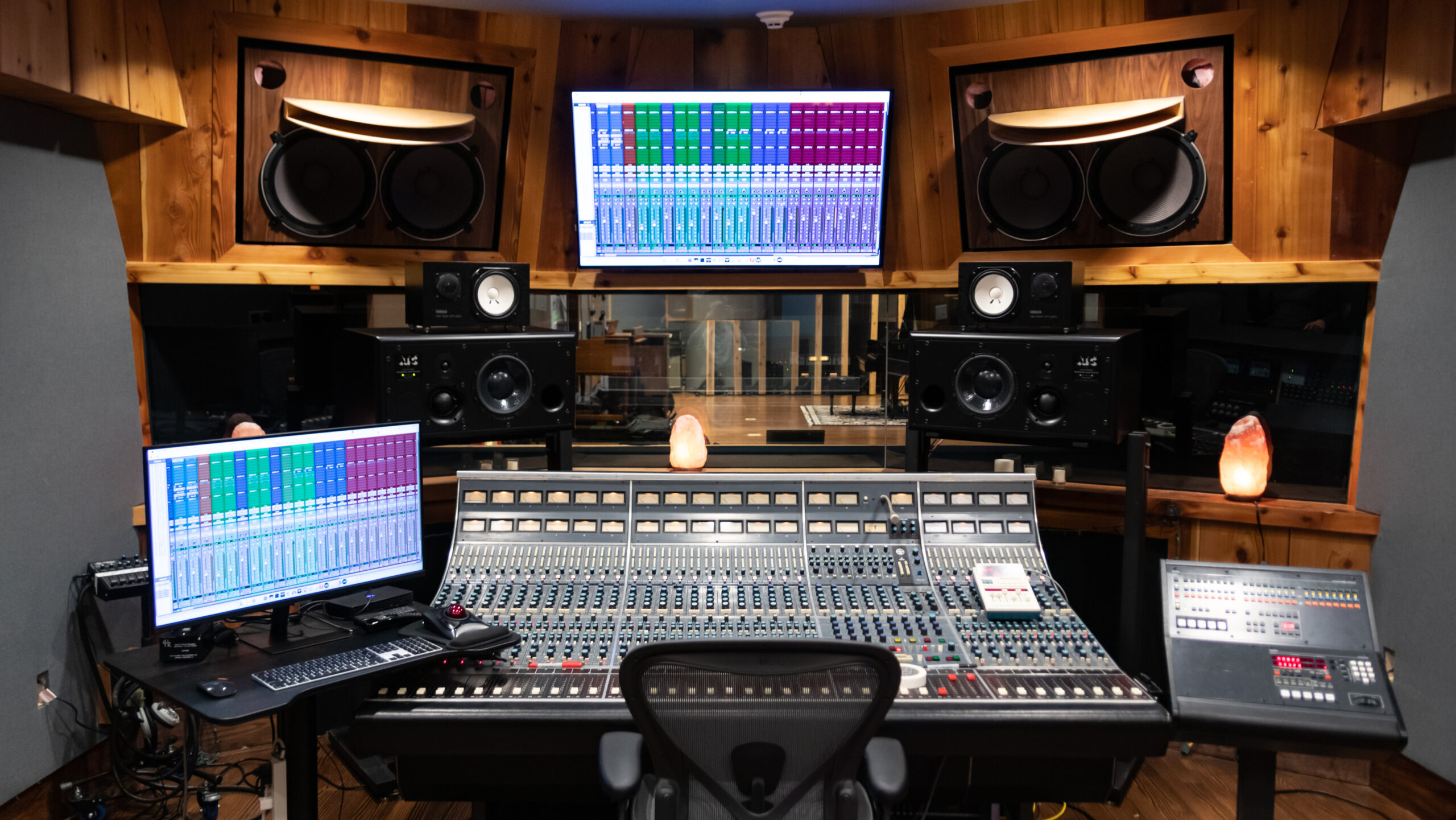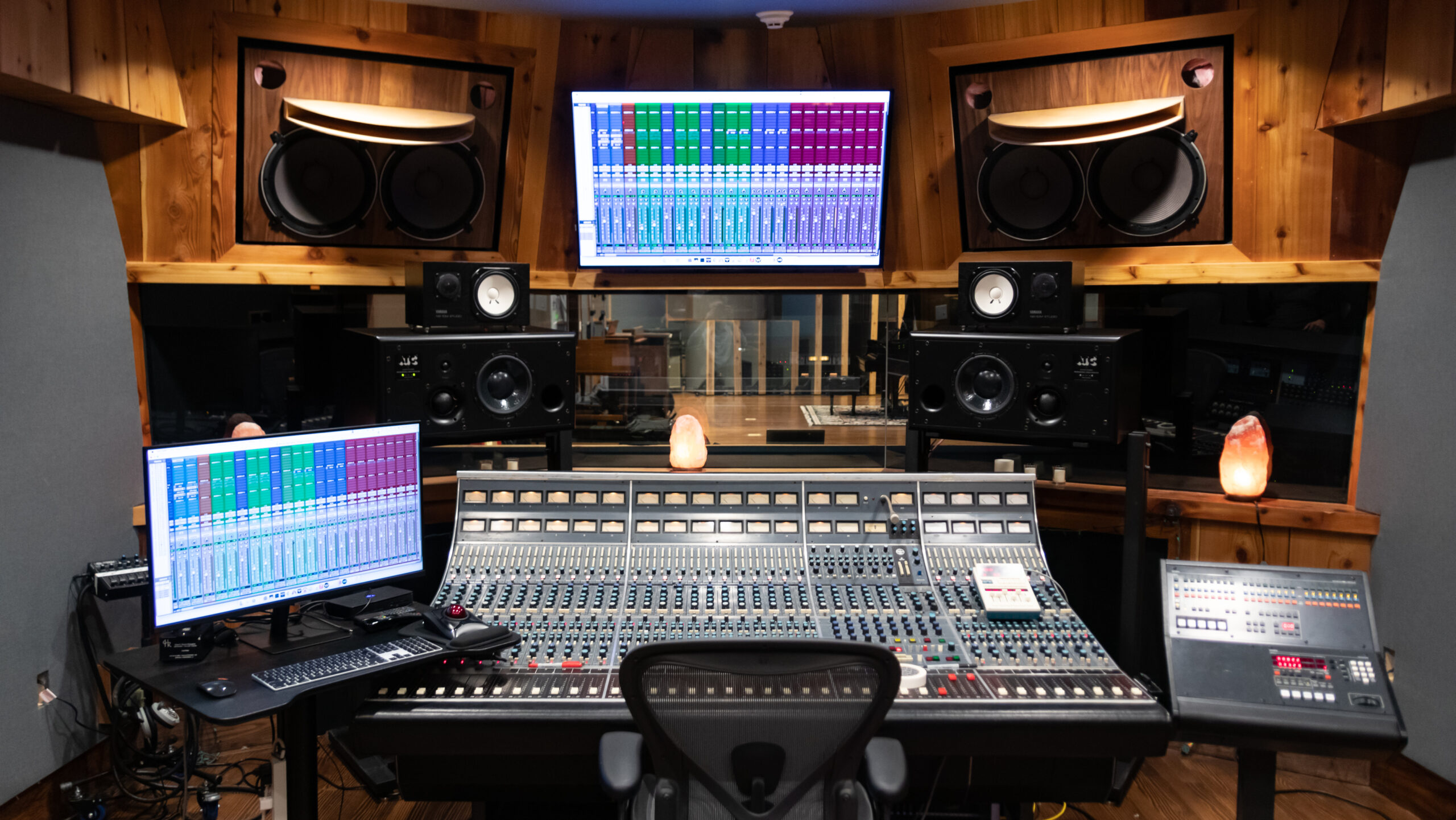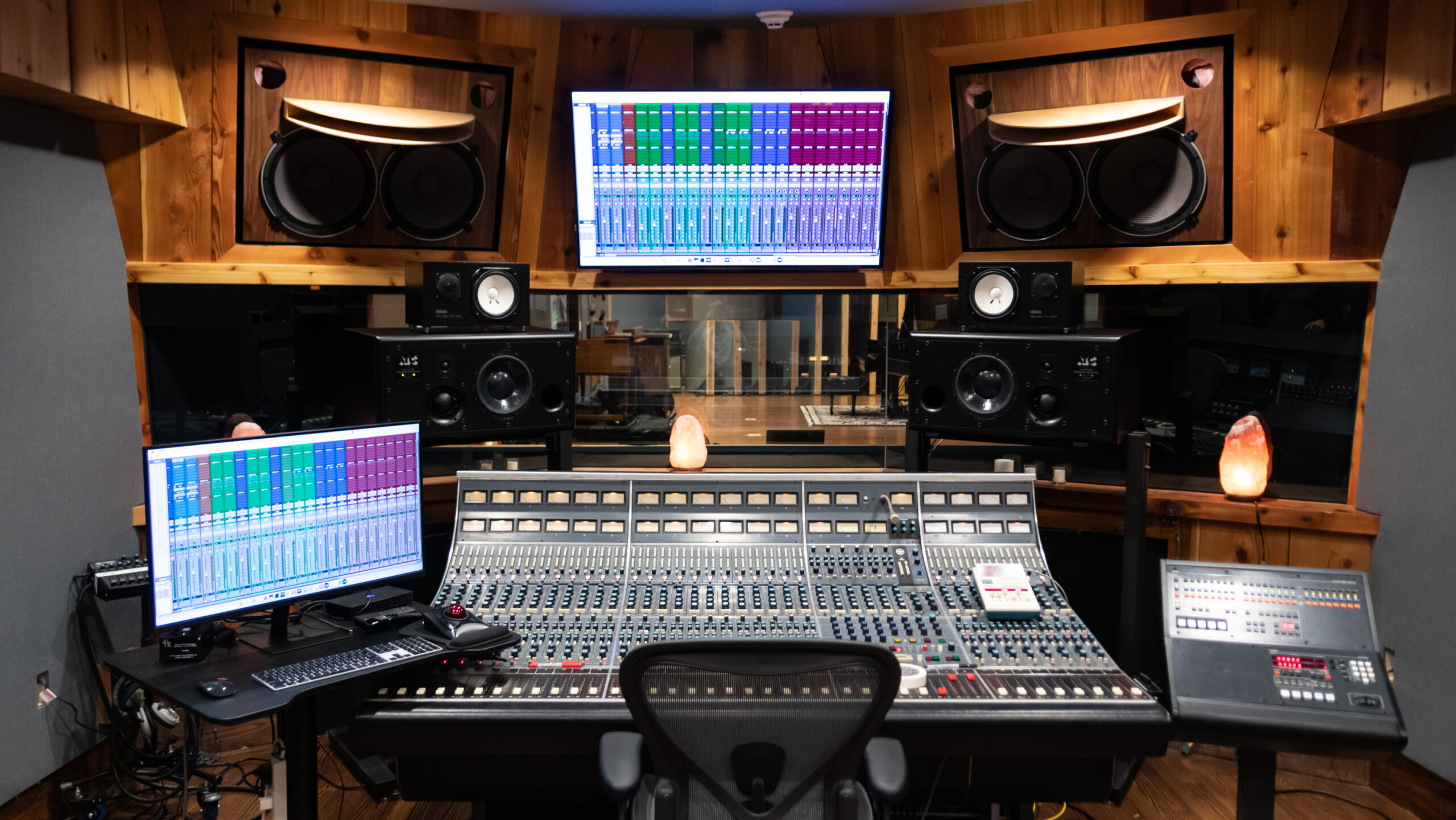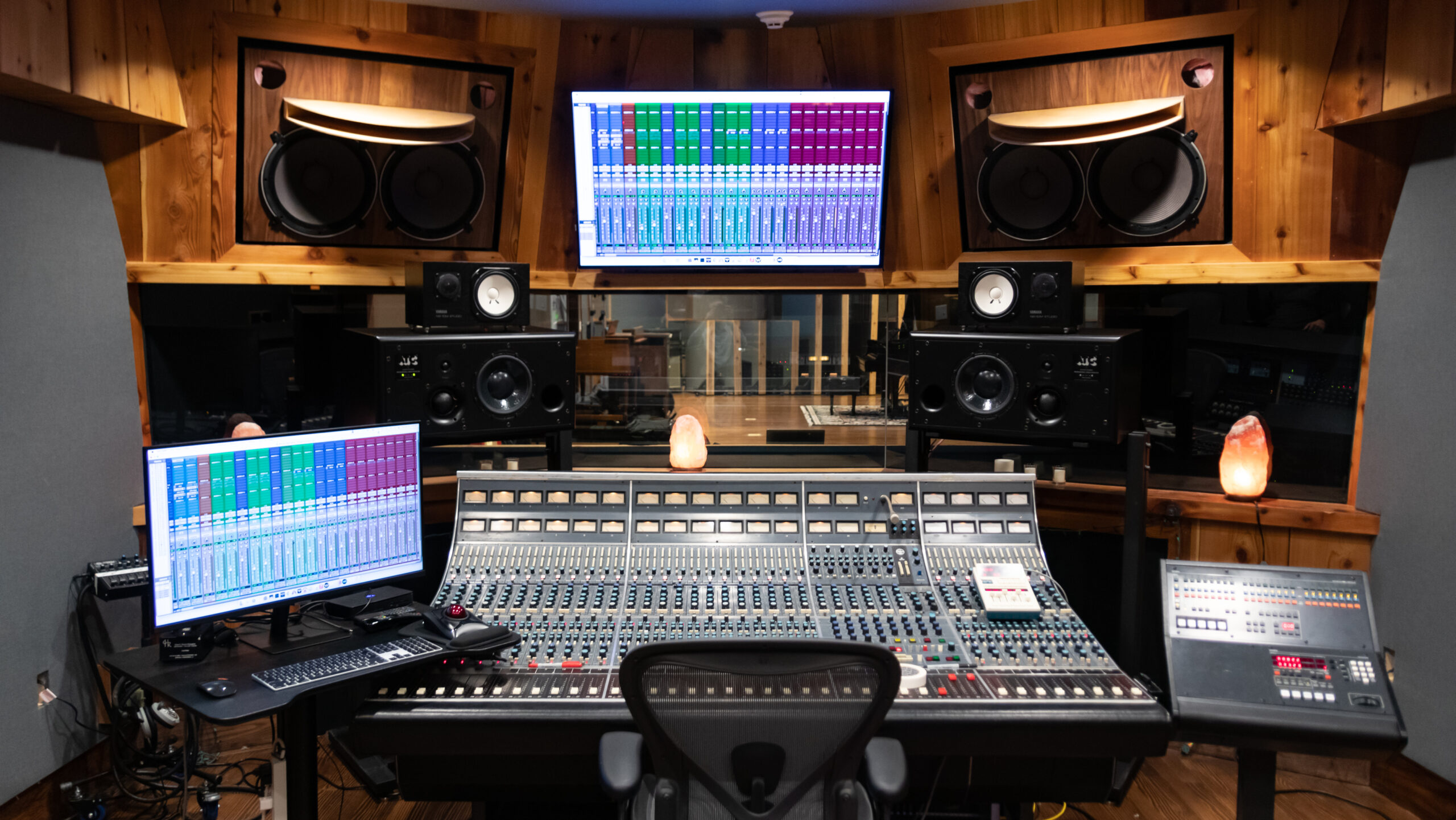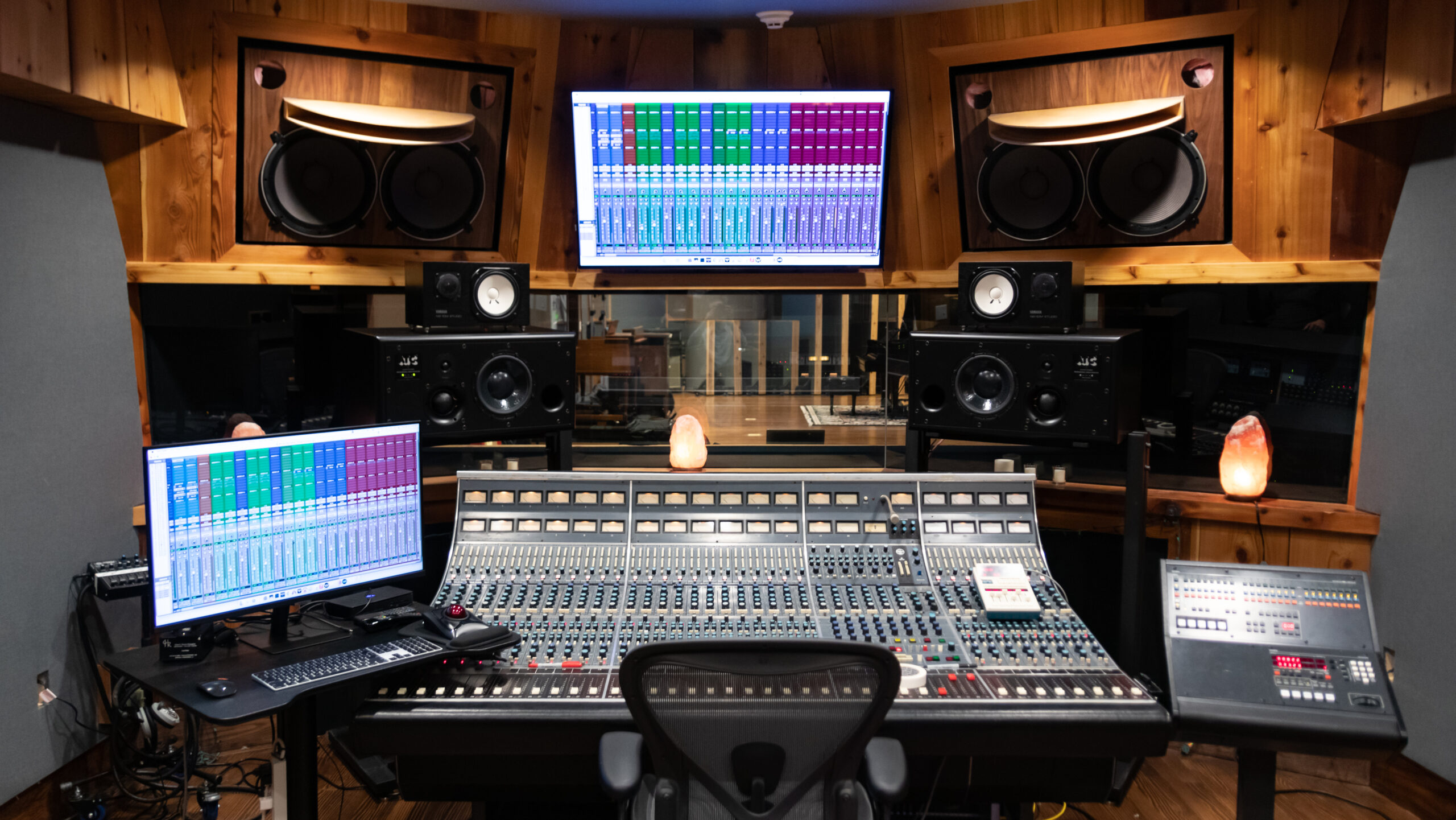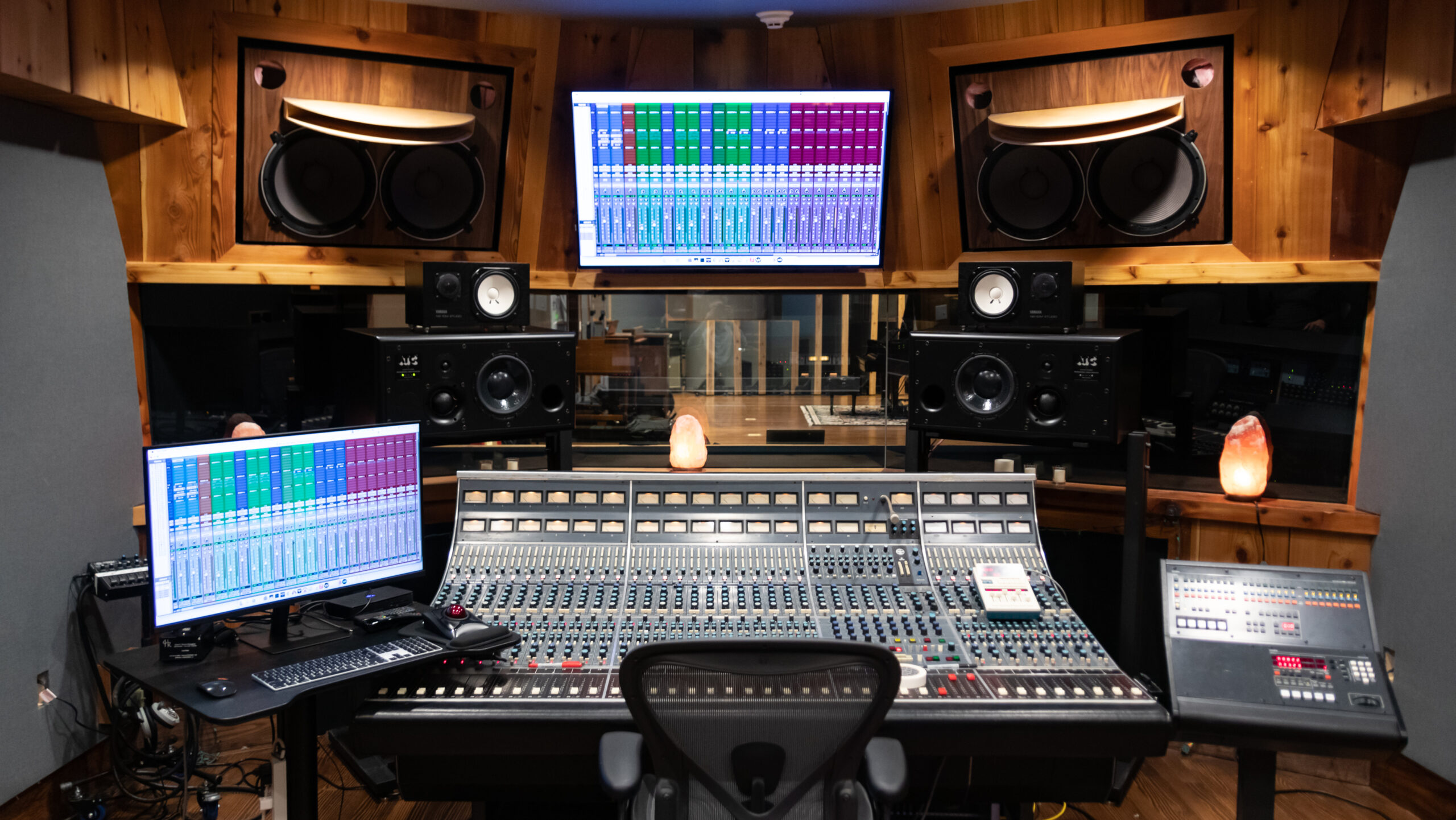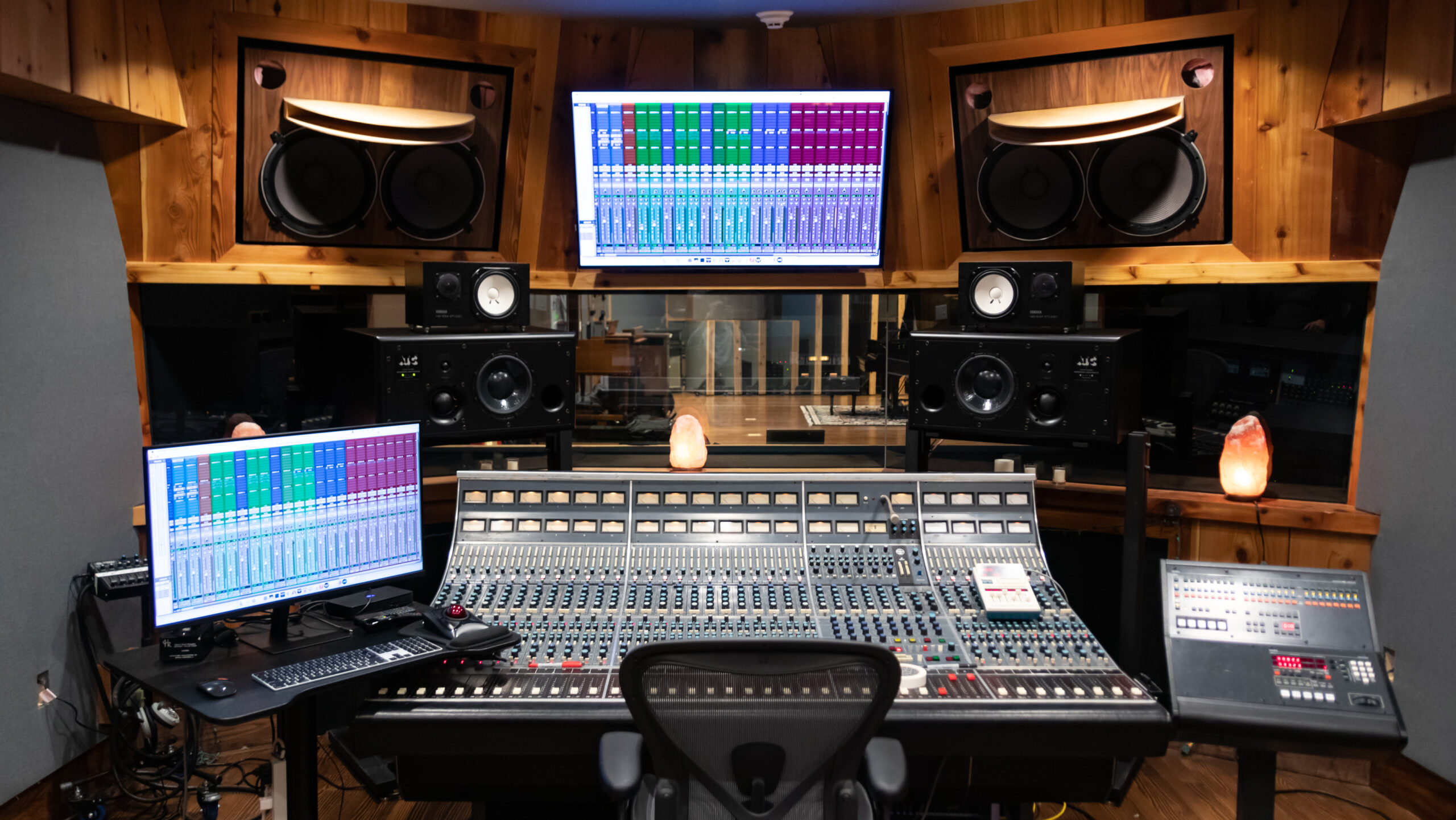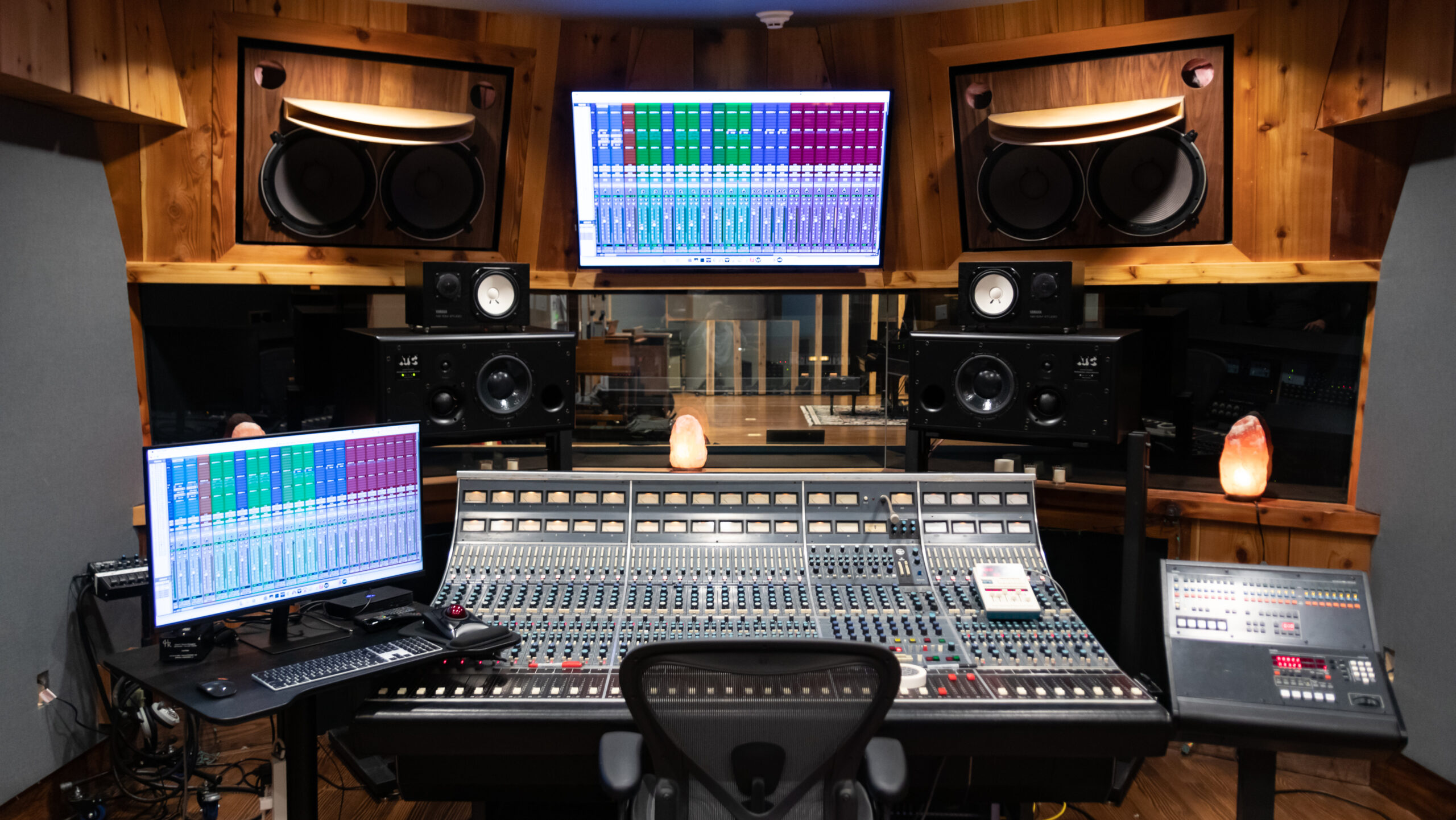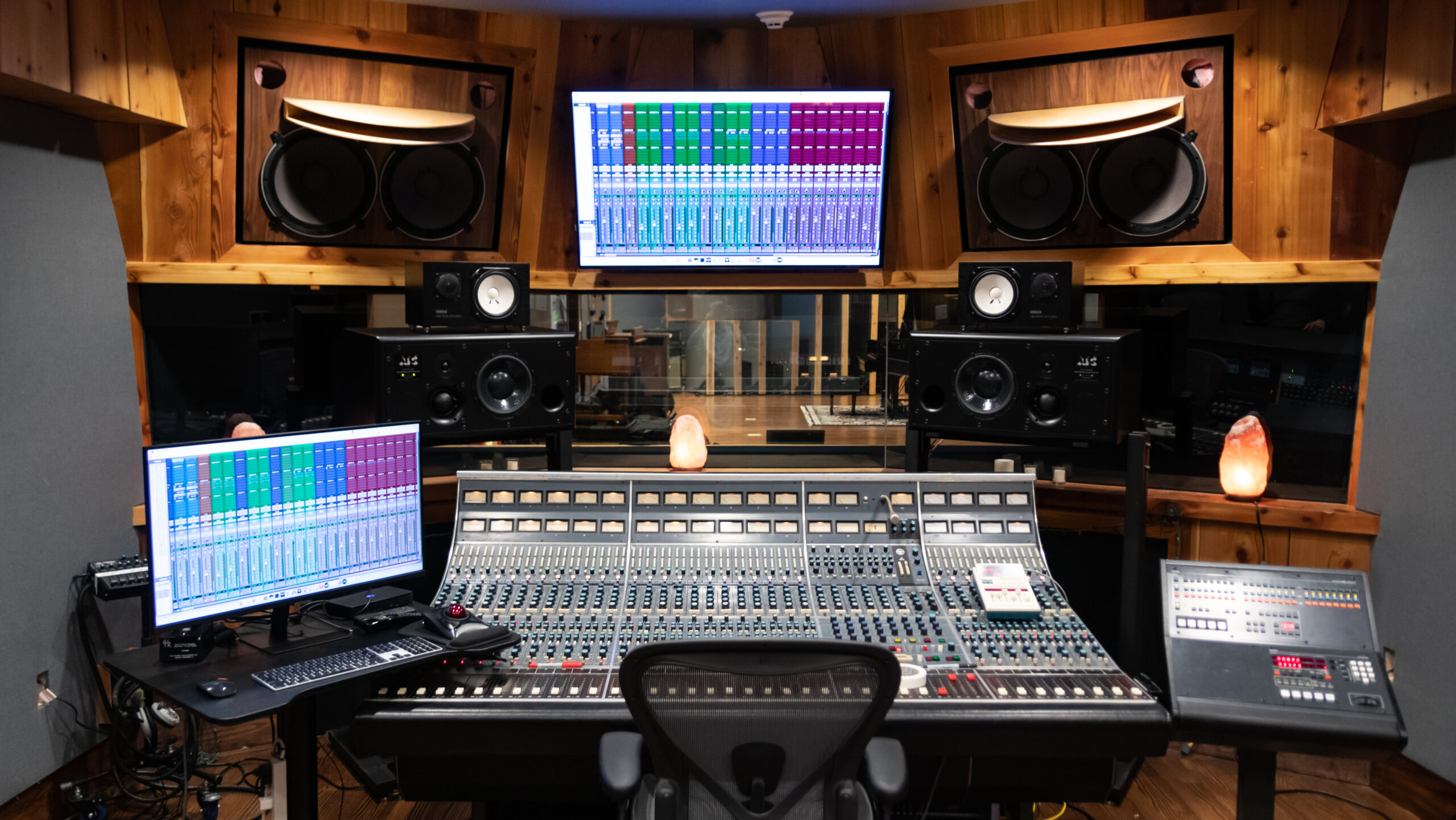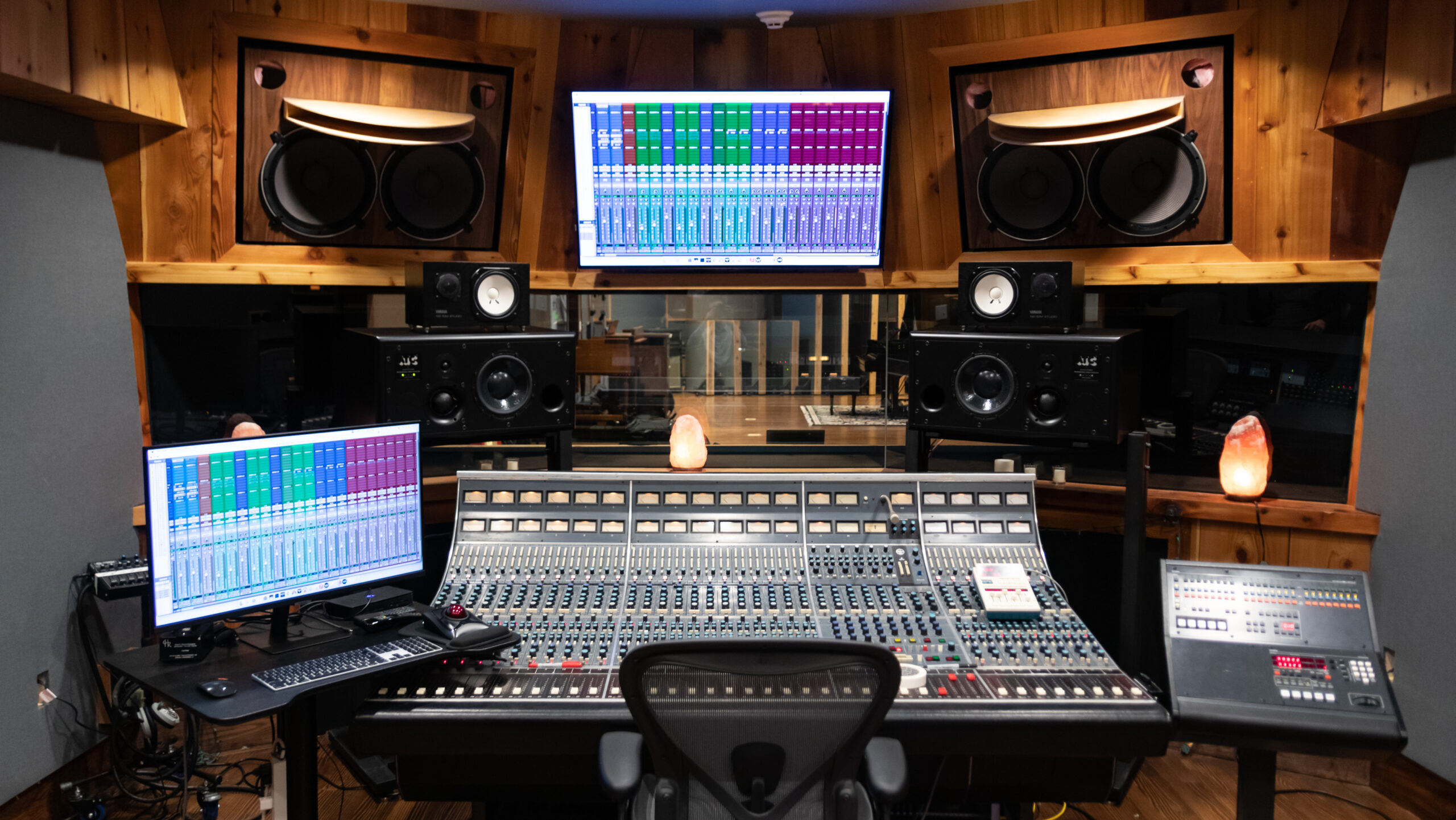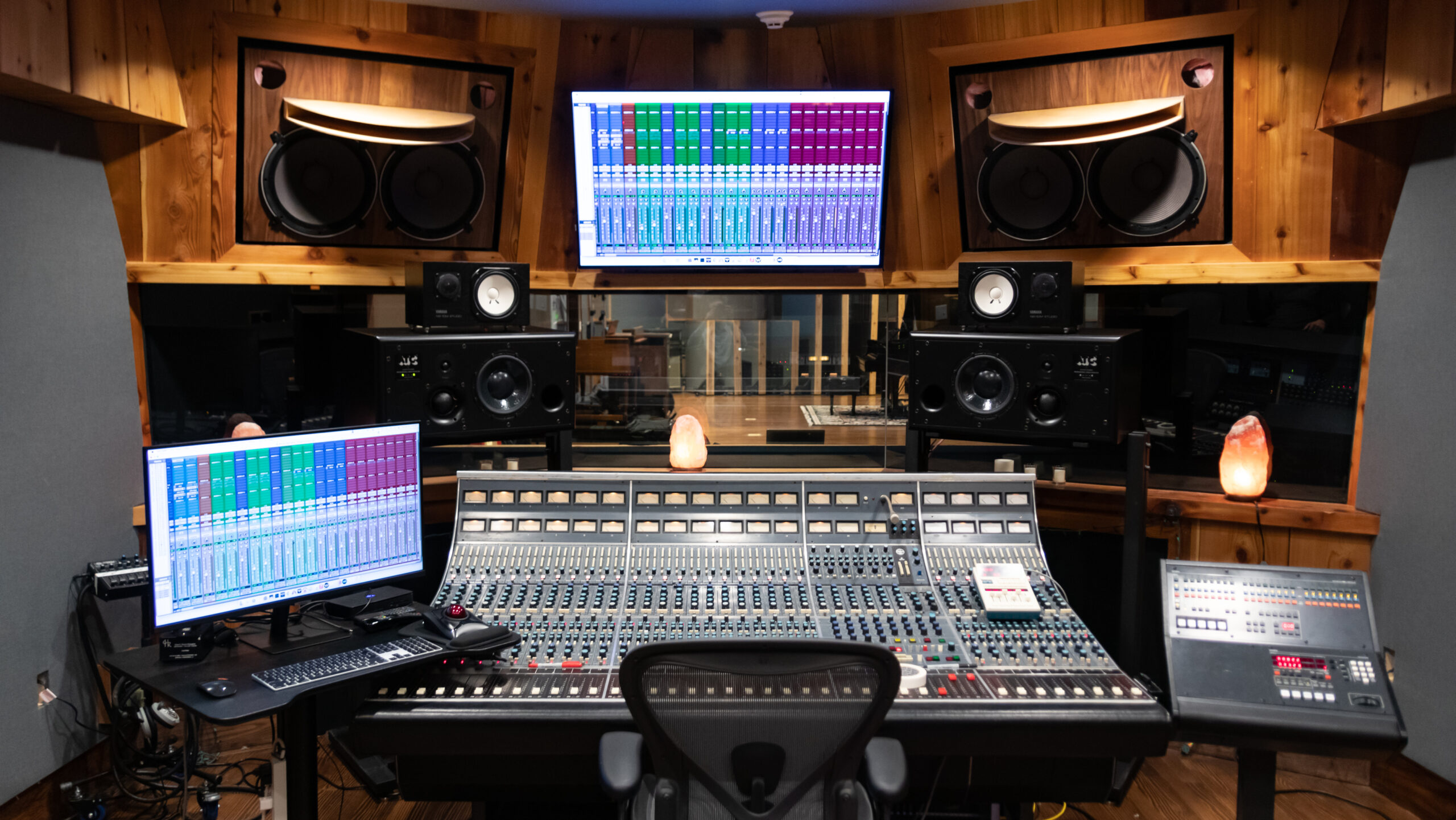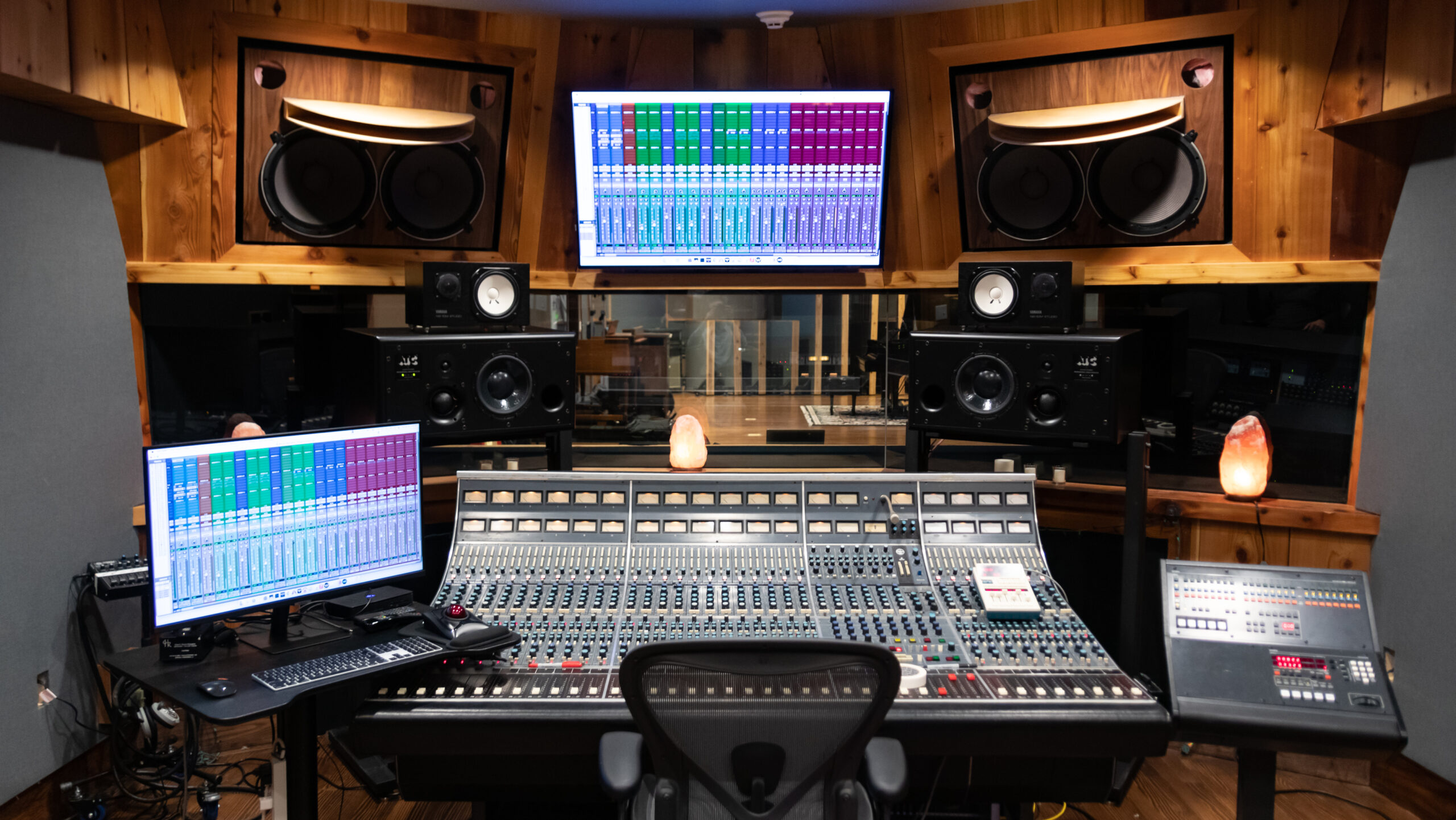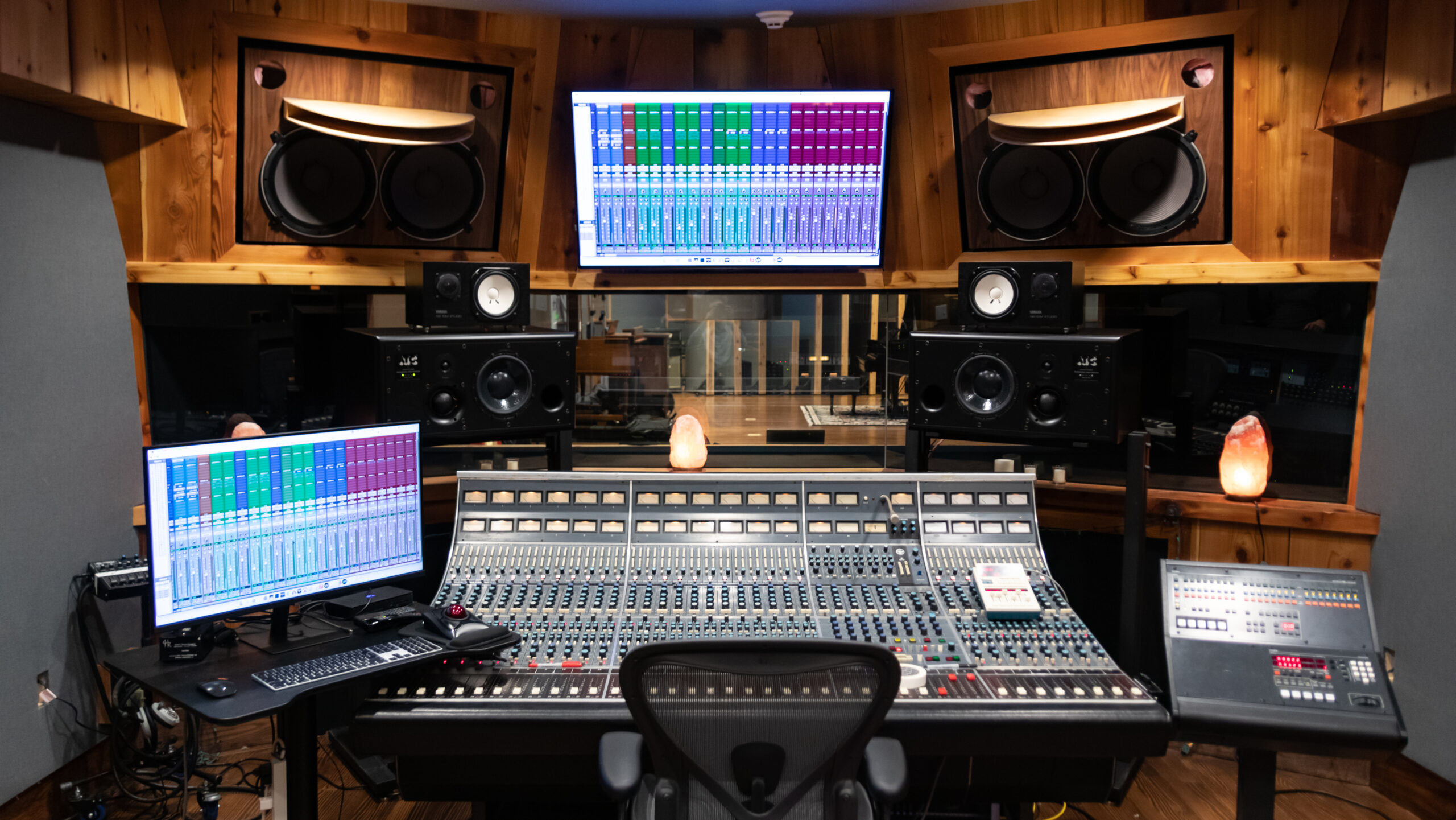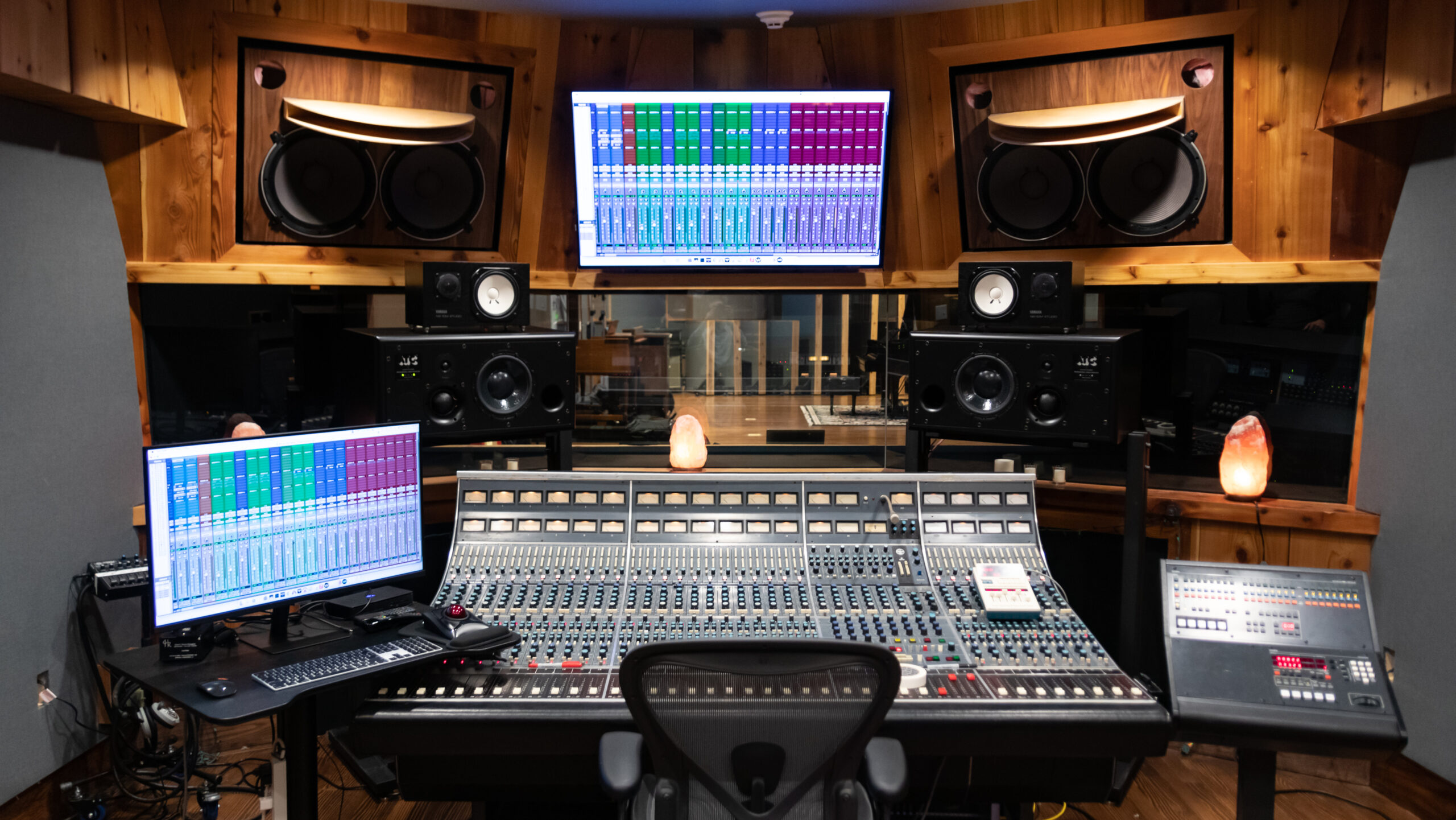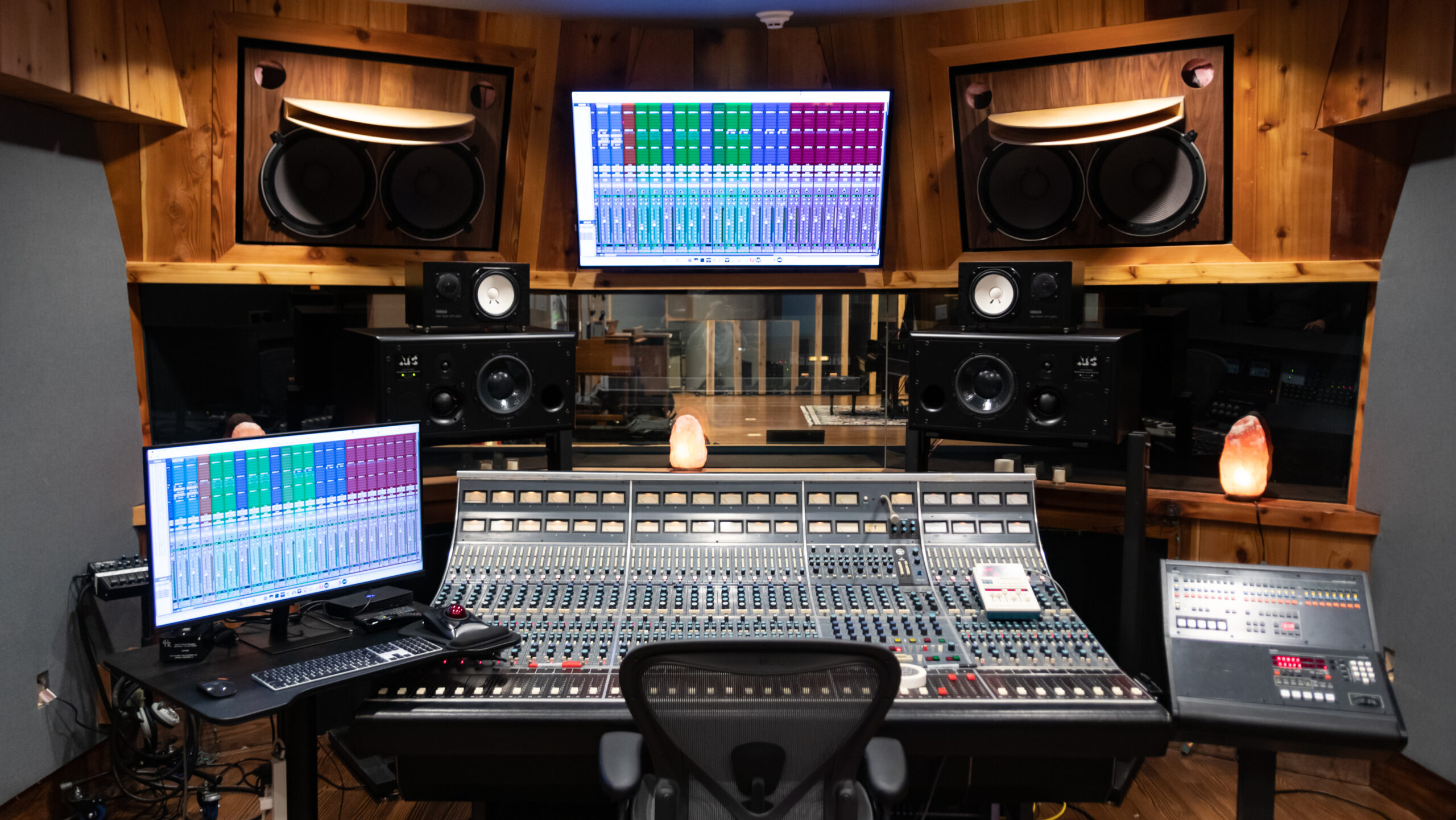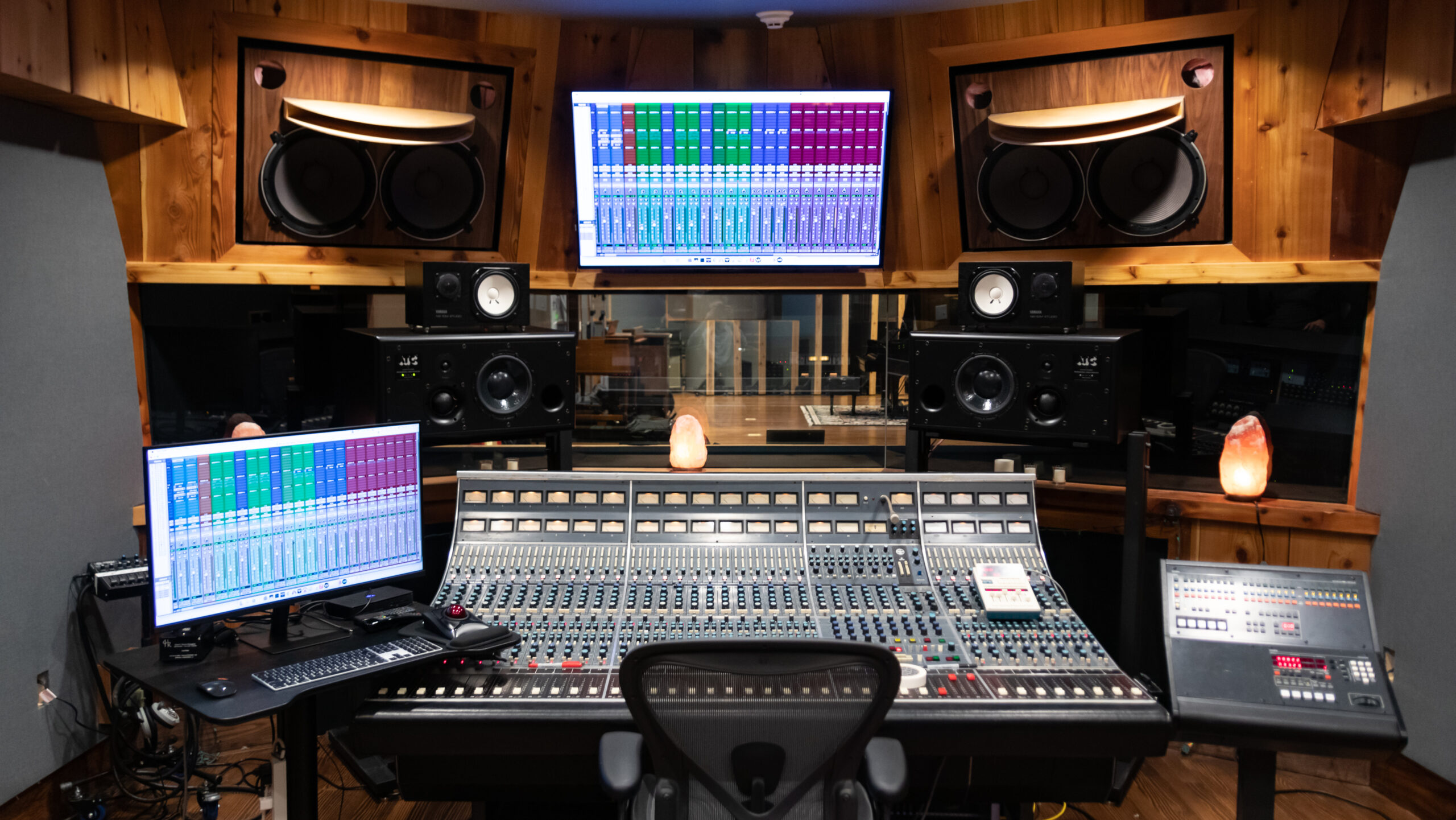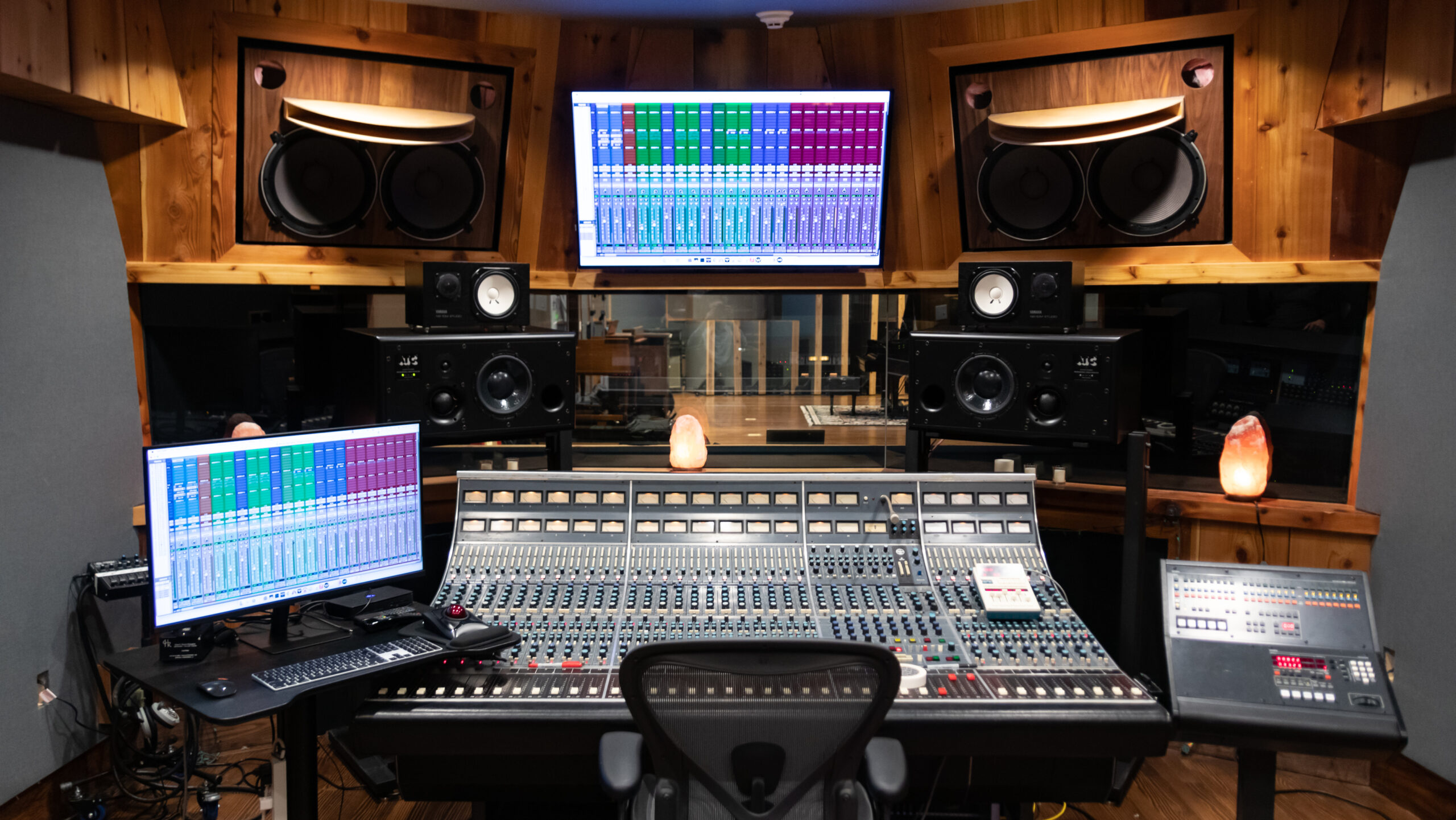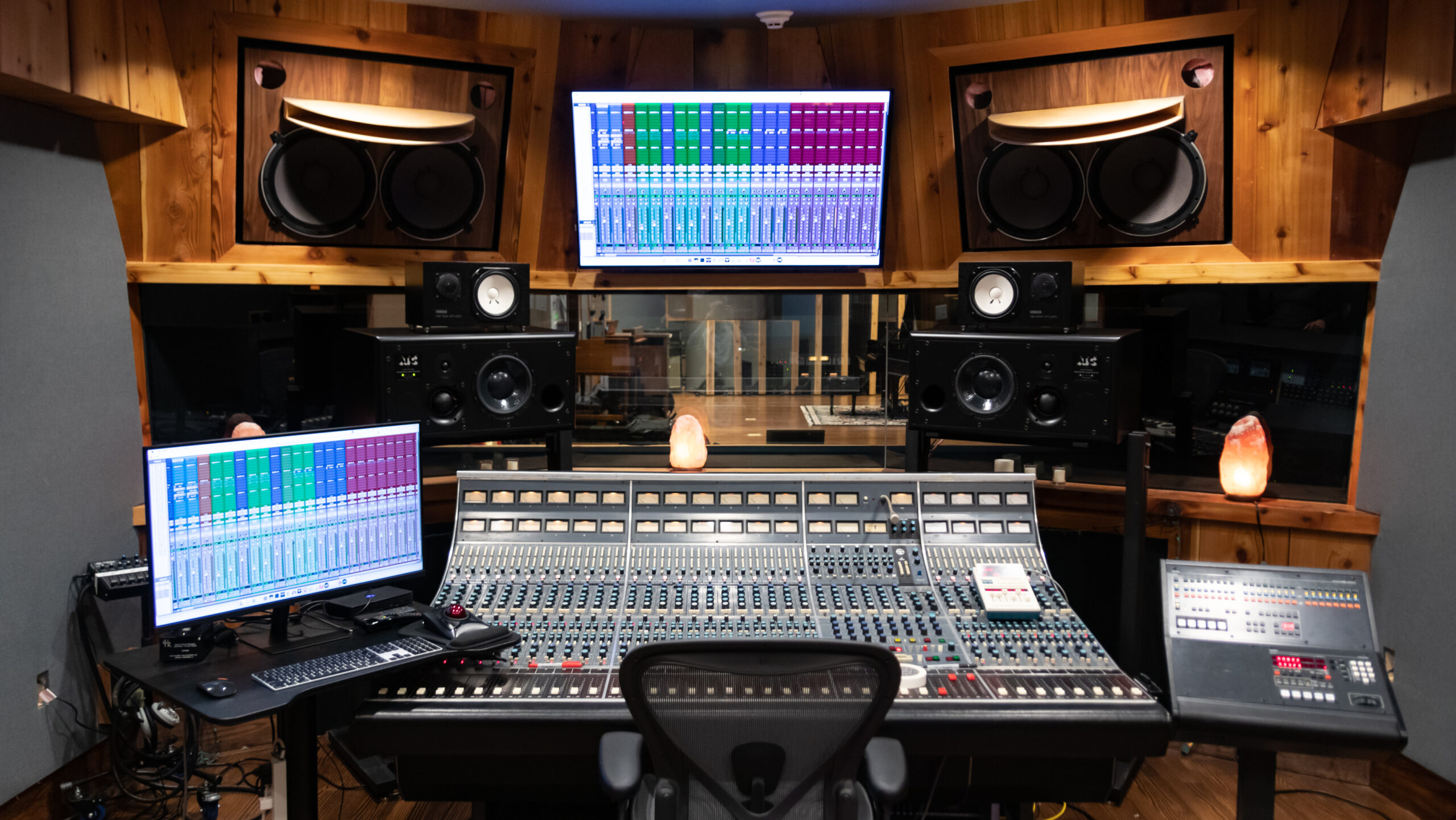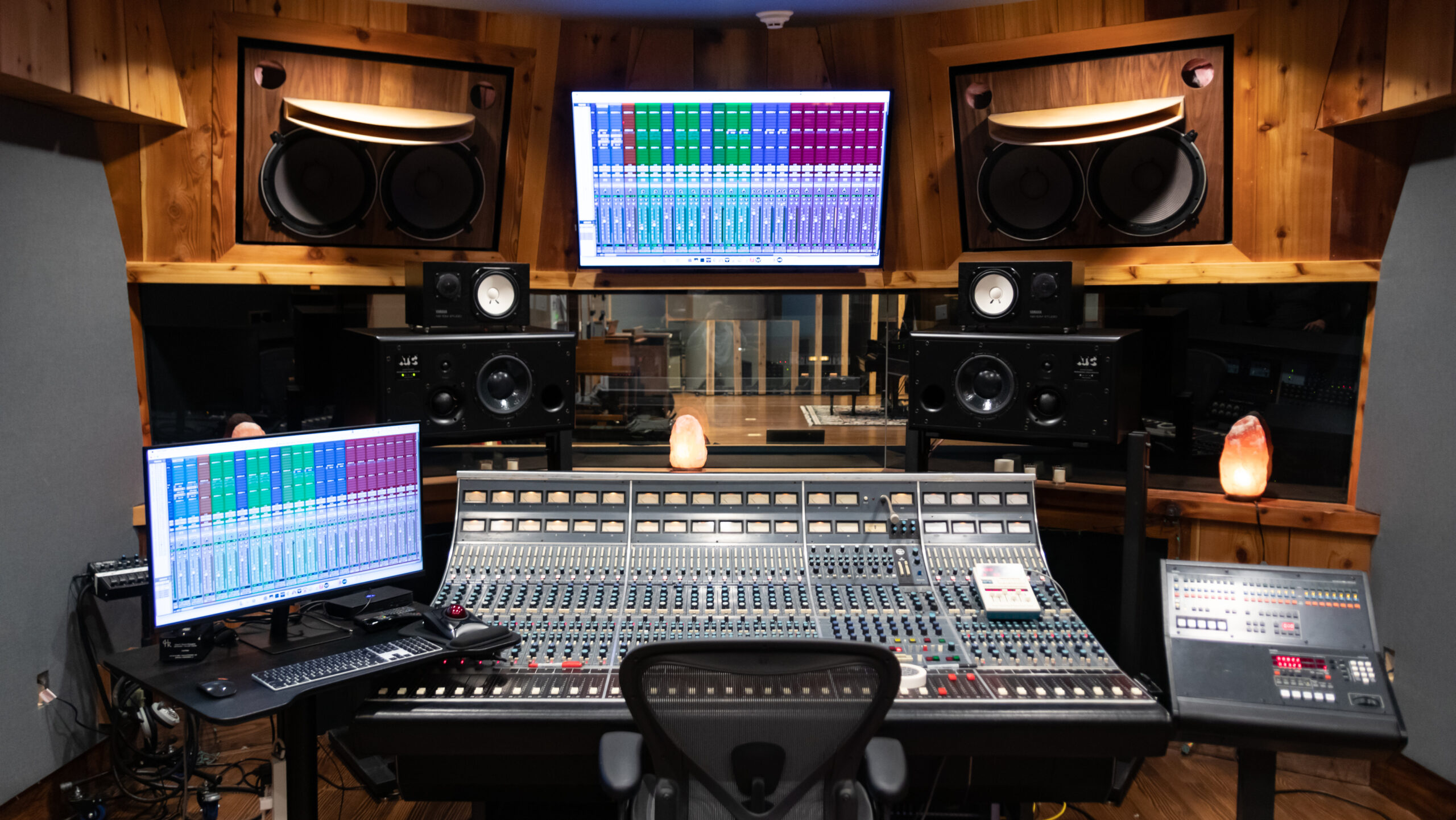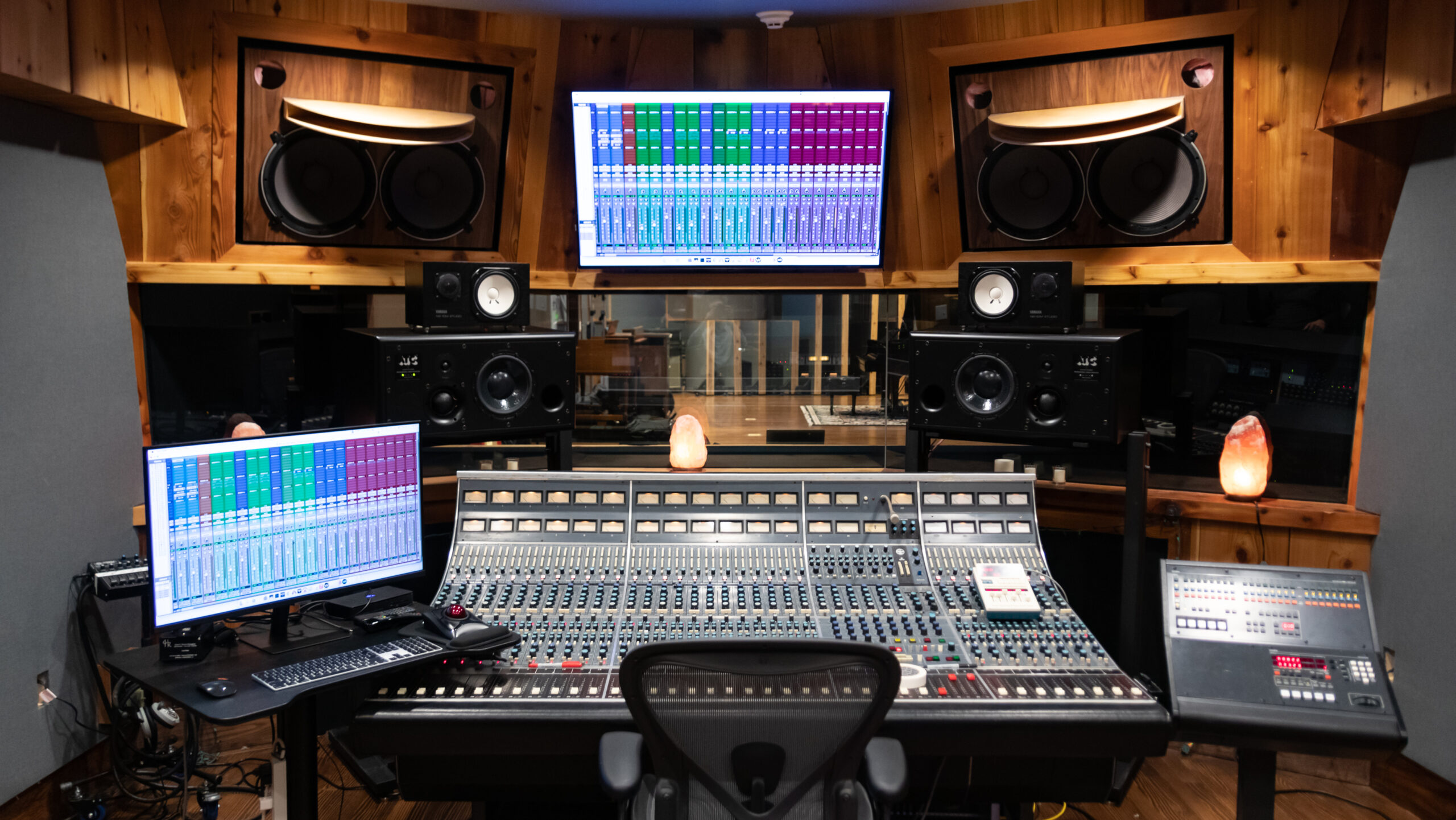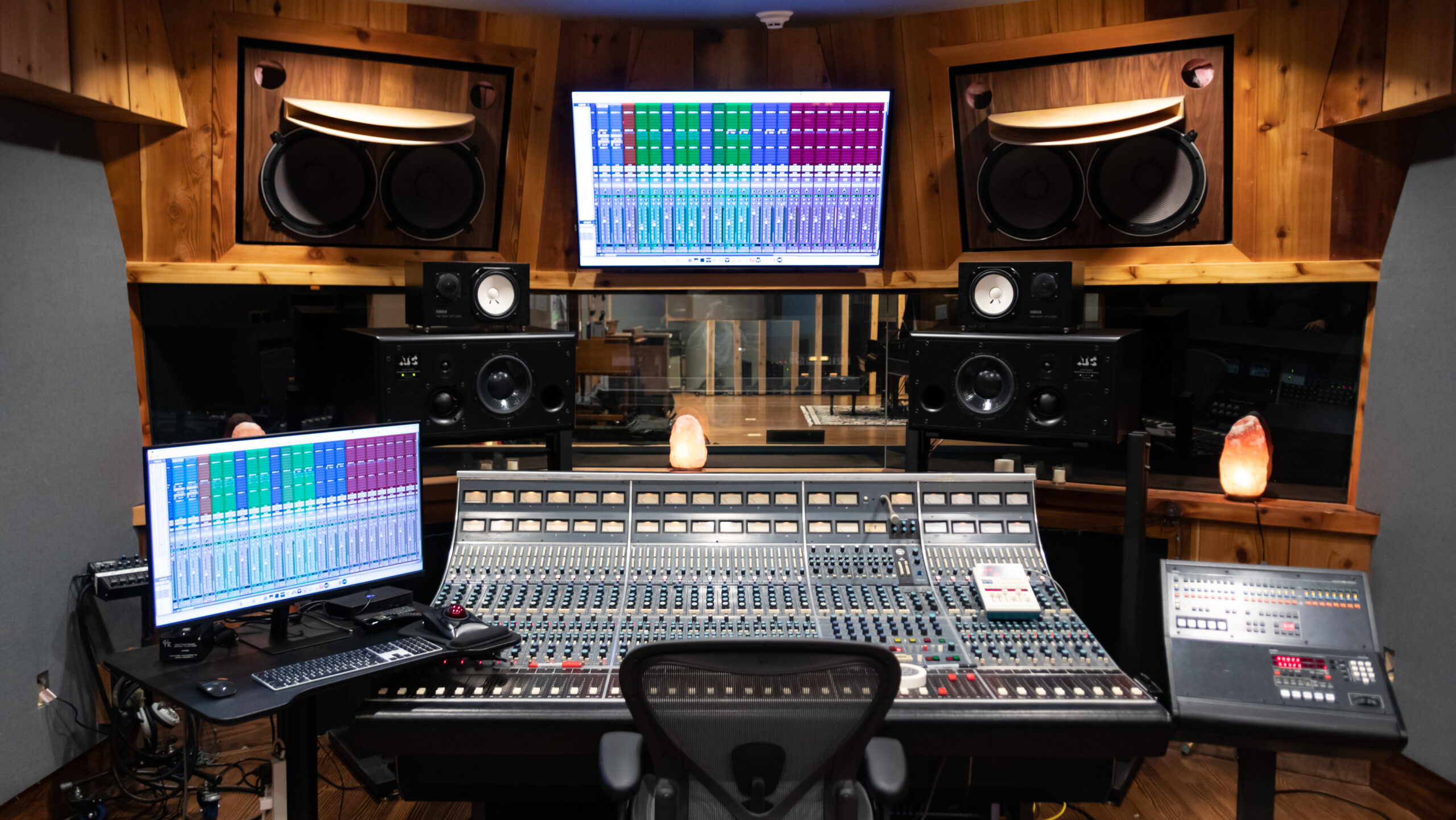The recording industry relies heavily on pristine…
Independent Recording Studio Insurance: Complete Protection for Music Production Facilities
Independent recording studios face unique risks that standard business insurance policies often don't adequately cover. From expensive audio equipment worth hundreds of thousands of pounds to liability concerns involving artists and clients, recording studio owners need specialized insurance protection tailored to their specific industry challenges.
Understanding Independent Recording Studio Risks
Recording studios operate in a high-risk environment where equipment damage, theft, and liability claims can devastate a business overnight. Unlike larger commercial studios backed by major labels, independent facilities often operate on tighter margins, making comprehensive insurance coverage essential for survival.
Equipment and Technology Risks
Modern recording studios house sophisticated equipment including mixing consoles, microphones, monitors, computers, and software worth significant sums. A single fire, flood, or theft incident could destroy decades of investment. Professional-grade microphones alone can cost thousands of pounds each, while mixing desks and monitoring systems often exceed £50,000 in value.
Client and Artist Liability
Recording studios regularly host musicians, producers, and industry professionals. Slip and fall accidents, equipment-related injuries, or disputes over recordings can result in costly liability claims. Independent studios are particularly vulnerable as they may lack the legal resources of larger facilities.
Business Interruption Concerns
When recording equipment fails or premises become unusable, studios lose not just current bookings but often future business as artists seek alternative facilities. The reputation damage from cancelled sessions can have long-lasting financial impacts.
Essential Insurance Coverage for Recording Studios
Studio Equipment Insurance
Comprehensive equipment coverage protects against fire, theft, accidental damage, and electrical breakdown. This should include all recording equipment, computers, software, instruments, and furniture. Coverage should extend to equipment temporarily removed from premises for location recording or repairs.
Key considerations include:
- Replacement cost coverage rather than actual cash value
- Coverage for technological obsolescence
- Protection during equipment transport
- Coverage for hired or borrowed equipment
Public Liability Insurance
Public liability coverage protects against claims from clients, artists, or visitors injured on studio premises. This includes medical expenses, legal costs, and compensation payments. Coverage should extend to accidents involving studio equipment and electrical hazards.
Typical coverage includes:
- Slip, trip, and fall accidents
- Equipment-related injuries
- Electrical shock incidents
- Property damage to client belongings
Professional Indemnity Insurance
Professional indemnity coverage protects against claims arising from professional services, including recording quality disputes, copyright infringement allegations, and breach of contract claims. This coverage is particularly important for studios offering production services beyond basic recording.
Coverage areas include:
- Alleged errors in recording or mixing
- Copyright infringement claims
- Breach of confidentiality
- Failure to deliver promised services
Employers Liability Insurance
Studios employing sound engineers, assistants, or administrative staff require employers liability coverage. This protects against workplace injury claims and is legally required for most employers in the UK.
Cyber Insurance
Modern recording studios rely heavily on digital systems for recording, storage, and client management. Cyber insurance protects against data breaches, system failures, and cyber attacks that could compromise client recordings or personal information.
Business Interruption Insurance
Business interruption coverage compensates for lost income when studios cannot operate due to covered perils. This includes ongoing expenses like rent and salaries while premises are being repaired or equipment replaced.
Specialized Considerations for Independent Studios
Home-Based Studios
Many independent recording studios operate from residential properties, creating unique insurance challenges. Standard home insurance policies typically exclude commercial activities, requiring specialized coverage that bridges residential and commercial risks.
Mobile Recording Services
Studios offering on-location recording services need coverage that extends beyond fixed premises. This includes equipment in transit, temporary setups, and liability at client locations.
Vintage and Rare Equipment
Independent studios often pride themselves on unique, vintage, or rare equipment that may be difficult to replace. Specialized coverage ensures proper valuation and replacement options for irreplaceable items.
Risk Management for Recording Studios
Security Measures
Implementing robust security systems reduces theft risks and may qualify studios for insurance discounts. This includes alarm systems, CCTV, secure storage, and access controls.
Equipment Maintenance
Regular maintenance and professional servicing of recording equipment reduces breakdown risks and demonstrates proper care to insurers. Maintaining service records can support claims and potentially reduce premiums.
Client Agreements
Clear contracts outlining responsibilities, limitations, and procedures help prevent disputes and support professional indemnity coverage. This includes copyright ownership, delivery timelines, and quality standards.
Fire Prevention
Recording studios face elevated fire risks due to electrical equipment and soundproofing materials. Fire detection systems, proper electrical installation, and regular safety inspections are essential.
Choosing the Right Insurance Provider
Industry Experience
Select insurers with specific experience in entertainment and recording studio risks. They better understand unique exposures and can provide more appropriate coverage terms.
Coverage Flexibility
Independent studios have diverse needs requiring flexible coverage options. Providers should offer customizable policies that can adapt as studios grow or change focus.
Claims Support
Evaluate insurers' claims handling reputation, particularly for equipment replacement and business interruption scenarios. Quick claims resolution is crucial for studios dependent on continuous operation.
Cost Considerations
While cost is important, the cheapest option may not provide adequate protection. Focus on coverage comprehensiveness and insurer reliability rather than premium alone.
Common Exclusions and Limitations
Wear and Tear
Standard policies typically exclude gradual deterioration of equipment. Understanding these limitations helps studios plan for equipment replacement and maintenance.
Flood Coverage
Many policies exclude flood damage unless specifically added. Studios in flood-prone areas should ensure adequate coverage.
Cyber Exclusions
Traditional policies may not cover cyber risks, requiring separate cyber insurance for comprehensive protection.
Industry-Specific Considerations
Music Industry Relationships
Recording studios often work with high-profile clients requiring confidentiality and security. Insurance coverage should address these unique professional relationships.
Seasonal Variations
Many independent studios experience seasonal booking patterns. Insurance arrangements should accommodate these fluctuations in activity and revenue.
Technology Evolution
Rapid technological change in recording equipment requires insurance policies that can adapt to new technologies and replacement costs.
Legal and Regulatory Compliance
Health and Safety Requirements
Recording studios must comply with health and safety regulations, particularly regarding noise levels, electrical safety, and workplace conditions. Insurance coverage should support compliance efforts.
Copyright and Licensing
Studios must navigate complex copyright and licensing requirements. Professional indemnity coverage should address potential infringement claims.
Data Protection
Studios handling client information must comply with GDPR and data protection regulations. Cyber insurance should include regulatory fine coverage.
Building a Comprehensive Insurance Program
Risk Assessment
Conduct thorough risk assessments identifying all potential exposures specific to your studio operations. This includes equipment values, client types, and operational procedures.
Coverage Coordination
Ensure all insurance policies work together without gaps or overlaps. This may require coordination between property, liability, and professional indemnity coverages.
Regular Reviews
Recording studio operations evolve, requiring regular insurance reviews to ensure continued adequate protection. This includes equipment upgrades, service expansions, and client changes.
Documentation
Maintain detailed records of equipment, including purchase receipts, serial numbers, and current values. This documentation supports claims and coverage decisions.
Working with Insurance Professionals
Specialized Brokers
Work with insurance brokers experienced in entertainment industry risks. They can navigate complex coverage requirements and negotiate appropriate terms.
Risk Management Services
Many insurers offer risk management services helping studios identify and mitigate exposures. These services can reduce risks and potentially lower premiums.
Claims Advocacy
Experienced brokers provide valuable claims advocacy, ensuring fair treatment and maximum recovery under policy terms.
Conclusion
Independent recording studios face unique risks requiring specialized insurance protection beyond standard business policies. Comprehensive coverage including equipment protection, liability insurance, professional indemnity, and business interruption coverage provides essential financial security.
The key to effective recording studio insurance lies in understanding specific industry risks, working with experienced insurance professionals, and maintaining appropriate coverage as operations evolve. While insurance represents a significant expense for independent studios, the protection it provides against potentially devastating losses makes it an essential business investment.
By carefully evaluating coverage options, implementing risk management practices, and working with knowledgeable insurance providers, independent recording studios can protect their investments while focusing on what they do best - creating exceptional music recordings.
Get Your Recording Studio Insurance Quote Today
Protect your independent recording studio with comprehensive insurance coverage tailored to your specific needs. Contact Insure24 at 0330 127 2333 or visit our website to get your personalized quote and ensure your studio has the protection it deserves.


 0330 127 2333
0330 127 2333
